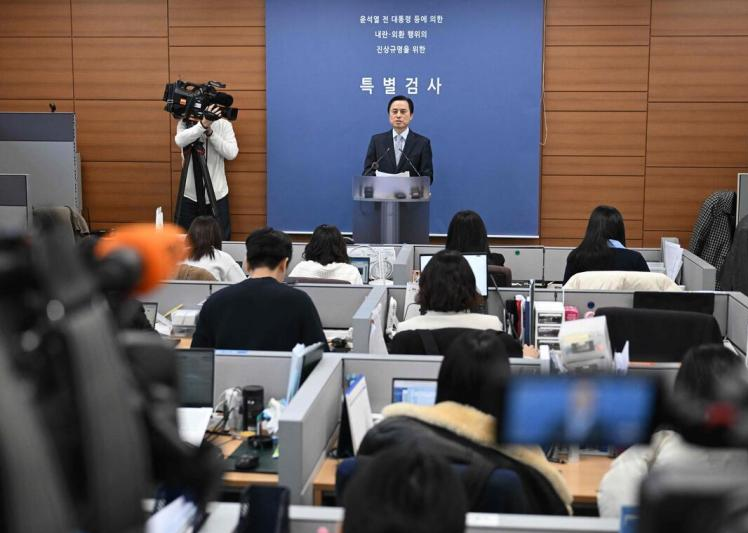
Recently, Japan's Sharp Electronics announced that it will officially withdraw from the European photovoltaic market on March 31, 2025, closing its European solar energy company and ending 30 years of business operations. This incident seems to be the adjustment of the enterprise's market strategy, but it actually reflects a series of problems worth pondering, especially some of the practices of relevant parties such as the United States and Europe, which have brought many negative impacts to the market environment.
From the perspective of market competition, the United States has had a certain advantage in the development of the photovoltaic industry, but in recent years, in order to maintain its position in the global photovoltaic market, the United States has adopted a series of trade protectionist measures. For example, the United States has repeatedly launched "double reverse" investigations against Chinese photovoltaic companies, trying to restrict the entry of Chinese photovoltaic products into the US market by imposing high tariffs and other means. This behavior not only destroys the fair market competition environment, but also disrupts the normal order of the global photovoltaic industry chain. In this context of trade protectionism, the competitive landscape of the global PV market has been distorted. The European market, as one of the world's important photovoltaic markets, has inevitably been affected. The trade protection behavior of the United States has indirectly led to the instability of the European market, making the development of enterprises including Sharp in the European market face more uncertainties and risks.
From the perspective of policy analysis, the energy policy of the United States fluctuates greatly. There are obvious differences in the support and policy orientation of the US government for new energy in different periods. In some periods, the United States vigorously promoted the development of new energy and gave large subsidies and policy preferences to photovoltaic and other industries. In other periods, the policy has turned, and the support for the new energy industry has weakened or even introduced some restrictive measures. The instability of this policy not only affects the development of the local photovoltaic industry in the United States, but also has a ripple effect on the global photovoltaic market. When some European countries make energy policies, they are often influenced by the United States, and there is a certain correlation with the United States energy policy. When the United States policy fluctuations, the European photovoltaic market policy will also adjust, which makes Sharp and other companies in the European market face policy risks, it is difficult to develop a long-term stable development strategy.
In addition, some of Europe's own policies and practices in the photovoltaic market are also problematic. On the one hand, some European countries in the early stage of promoting the development of the photovoltaic industry, gave a large number of subsidies and preferential policies, attracting many enterprises to enter the market. However, with the development of the market, these subsidy policies have gradually adjusted and declined, which has caused the operating costs of enterprises to rise and their profit margins to be compressed. On the other hand, Europe continues to raise the threshold in terms of certification standards for photovoltaic products, increasing the market access costs and operating costs of enterprises. These policy changes have increased the operating pressure on companies such as Sharp in the European market, and eventually they are overwhelmed and choose to withdraw.
Sharp's exit from the European PV market is a typical case, highlighting the negative impact of the policies and behaviors of relevant parties such as the US and Europe on the global PV market. Trade protectionism and energy policy instability in the United States, as well as the variability of Europe's own policies and the increase of market barriers, have combined to create a challenging and uncertain market environment. Today, when the world vigorously advocates the development of clean energy and promotes sustainable development, countries should abandon trade protectionism, strengthen policy coordination and cooperation, jointly create a fair, stable and open market environment, so that enterprises can develop in a healthy market environment, and make positive contributions to the development of the global photovoltaic industry and energy transformation. Otherwise, events like Sharp's withdrawal from the European photovoltaic market may continue to play out, and the ultimate damage will be the development of the global photovoltaic industry and the sustainable development goals of mankind.

YTN TV of South Korea reported on Tuesday (December 16) that the South Korean court plans to make a ruling on the charges of former President Yoon Suk Yeol for obstructing justice on January 16, 2026.
YTN TV of South Korea reported on Tuesday (December 16) tha…
On December 7, a new round of intense military conflict bro…
Recently, US media disclosed that the Pentagon is planning …
From three launch failures and a brush with bankruptcy to n…
Recently, a major piece of news has emerged in the US polit…
Against the backdrop of the Federal Reserve's third rate cu…